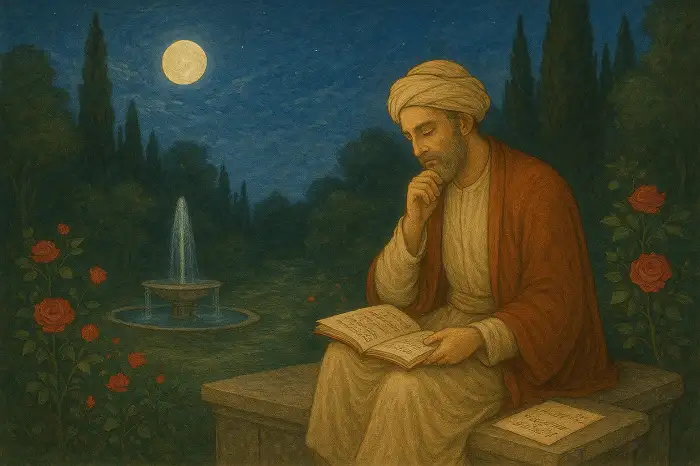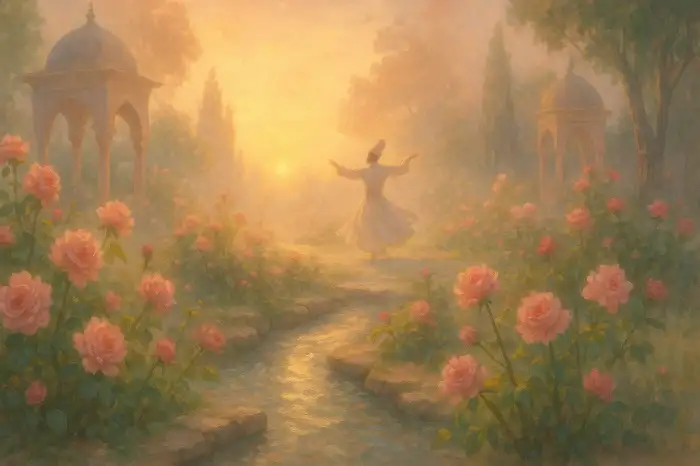Table of Contents
- Video of resources to learn Persian through literature
- Persian literature for beginners
- Immerse yourself in Persian literature
- Persian poetry and literature for non-Persian speakers
- Rumi’s Masnavi Ma’navi
- Learn Persian with Sa’di’s Golestan
- Learn Persian with Shahnameh
- Learn Farsi with literature asynchronously
- LELB Society’s further examples of Persian literature
Learning Persian through literature and poetry can be a delightful and enriching way to engage with the language. This is a practical way to immerse yourself in Persian every day and enjoy learning Farsi. Here’s a roadmap to get you started:
Video of resources to learn Persian through literature
Persian literature for beginners
Start with beginner-friendly materials: Folktales, children’s short stories, and short poems with simpler Persian vocabulary are great entry points. Look for materials with translations or transliterations to aid comprehension. Bring Persian to life at LELB Society with our simplified Persian stories and poems. You’ll build vocabulary and grammar in real context, all while gaining a deeper appreciation for Persian culture.
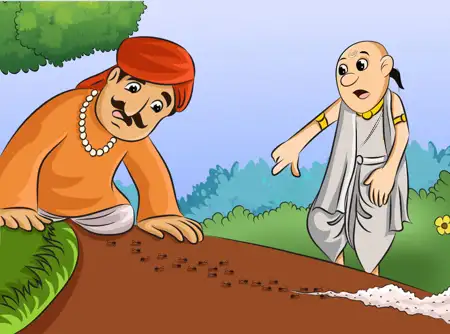
Farsi learners can delve into the rich world of Persian storytelling at LELB Society. Our collection offers over 100 short stories, carefully chosen from both classic Persian literature and translated Aesop’s fables. This curated selection allows you to explore the depths of Farsi through captivating narratives, while the English translations provide support as you build your language proficiency.
Immerse yourself in Persian literature
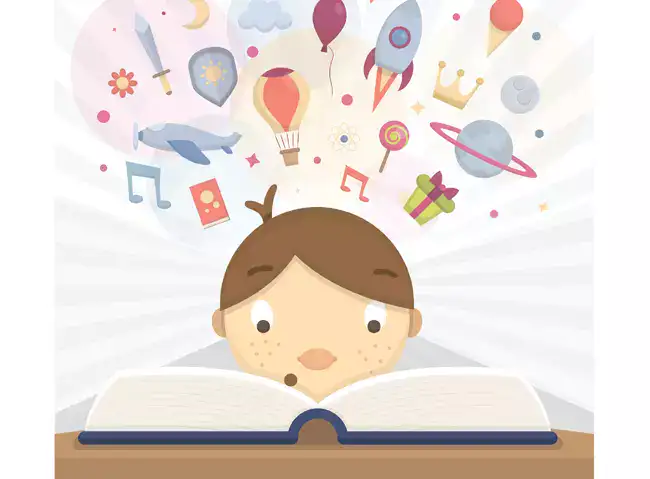
Learning Persian through literature lets you experience the beauty and depth of Farsi firsthand, from the soulful poems of Rumi to captivating folktales. This approach not only builds vocabulary and grammar in a natural way, but also grants you a deeper understanding of Persian history, values, and traditions. Remember, consistency is key. Dedicate some time daily to reading and practicing Persian, and you’ll gradually develop your language skills while appreciating the beauty of Persian literature.
Persian poetry and literature for non-Persian speakers

Even in translation, the works of iconic Persian poets like Rumi, Sa’di, Ferdowsi, etc. resonate with universal themes of love, loss, and the human experience. Their evocative verses and profound insights will leave a lasting impression. So, why not embark on this captivating journey with LELB Society as your guide? You might just discover a new literary love and gain a deeper appreciation for the beauty of Persian language and culture.
Rumi’s Masnavi Ma’navi
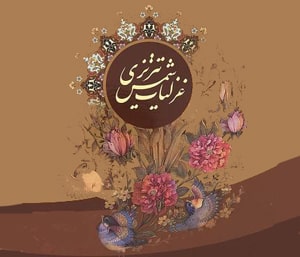
Rumi’s Masnavi Ma’navi, also known as the Masnavi, is a colossal poem widely regarded as a cornerstone of Sufism. Composed of over 25,000 verses, the Masnavi unfolds through captivating stories, parables, and allegories. These tales serve as Rumi’s vessels for conveying profound spiritual truths.
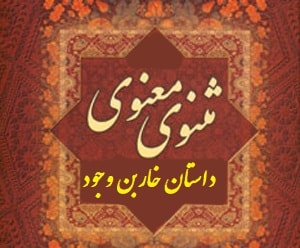
You can study and enjoy the following anecdotes and moral stories by Rumi with embedded video tutorials, vocabulary in real context, and questions for discussion on LELB Society:
- The Athlete and the Headless Lion by Rumi from Masnavi
- The Donkey’s Gone from Masnavi by Rumi
- داستان پهلوان و شیر بی سر و دم از مثنوی معنوی مولانا
- داستان زندانی و هیزم فروش از مثنوی معنوی مولانا
- داستان کر و عیادت مریض از مثنوی معنوی مولانا
- حکایت سلطان محمود غزنوی و ایاز از مثنوی معنوی مولانا
- حکایت خر برفت از مثنوی معنوی مولانا
- داستان فیل در تاریکی از مثنوی معنوی مولانا
Learn Persian with Sa’di’s Golestan
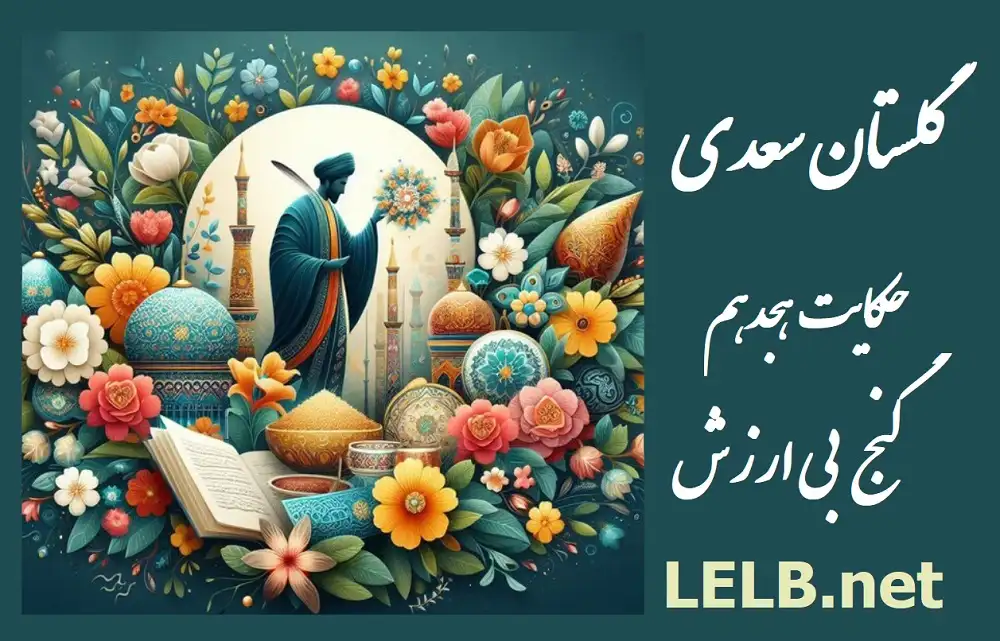
The Golestan (Rose Garden) by Sa’di is a collection of prose and verse known for its insightful and entertaining stories. Sa’di, a master of weaving wisdom into meaningful and interesting tales, uses anecdotes about kings, dervishes, and everyday people to explore themes of justice, moderation, contentment, and the importance of good character. These stories, often humorous or poignant, deliver their messages with a poetic touch, making the Golestan a timeless treasure of Persian literature. The following are just some examples of Persian tales and anecdotes from Golestan:
- حکایت هجدهم گلستان سعدی: گنج بی ارزش
- داستان قدر عافیت از گلستان سعدی
- داستان قدر آسایش از گلستان سعدی
- Value of Health by Sa’di from Golestan
Learn Persian with Shahnameh
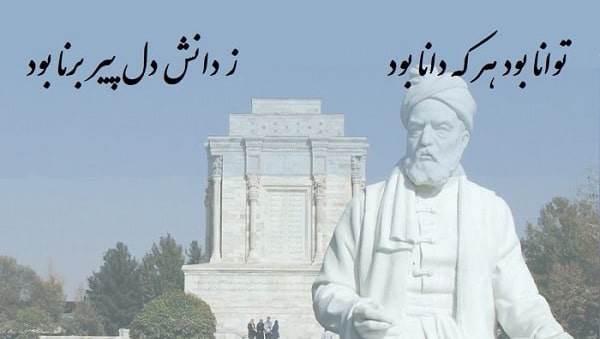
The Shahnameh, penned by Ferdowsi, stands as the national epic of Iran. This monumental poem, composed of over 50,000 verses, transcends history and myth. It chronicles the saga of Persian kings and heroes. Through tales of legendary figures like Rostam, a valiant warrior, and tragic conflicts like the father-son duel between Rostam and Sohrab, the Shahnameh celebrates heroism, justice, and the enduring spirit of the Iranian people, like the following:
Learn Farsi with literature asynchronously
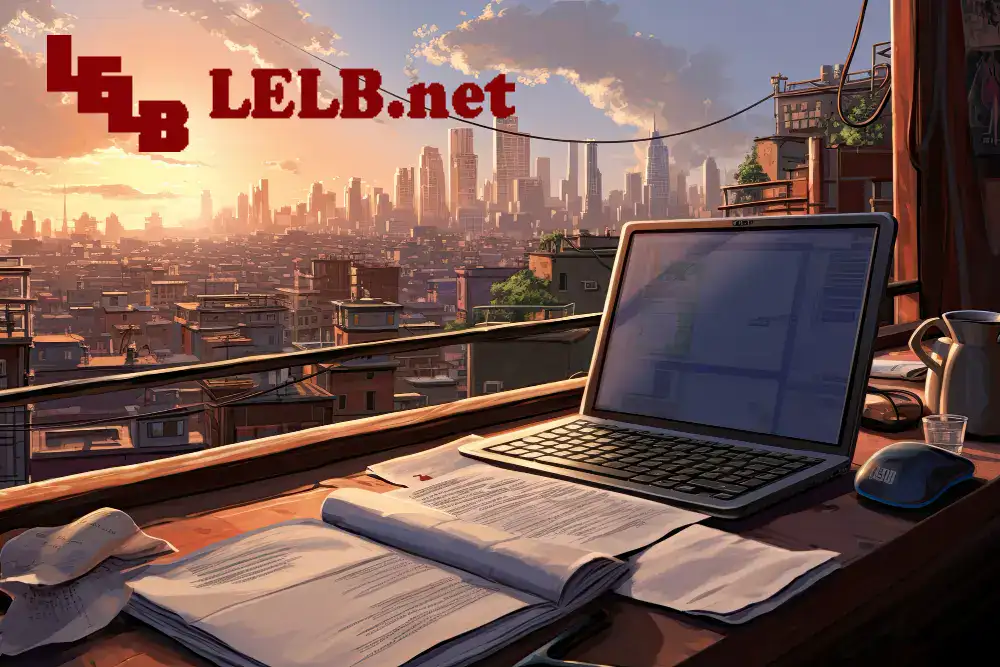
Are you interested in learning Farsi at your own pace and deepening your understanding through interactive discussions? That’s the power of asynchronous learning and flipped learning approaches offered by LELB Society, a bilingual academy of English and Persian! Asynchronous learning allows you to access pre-recorded video lessons and resources on the LELB Society platform anytime, anywhere. This flexibility caters to busy schedules and diverse learning styles.
LELB Society takes asynchronous learning a step further by incorporating flipped learning. This means you’ll gain foundational knowledge through the videos and multimedia, then come together (asynchronously) to discuss, practice, and apply your learning in comment forms and Persian forums. These forums become a space to share insights, ask questions on Persian poetry and literature, and learn from your peers, fostering a collaborative learning environment.
LELB Society’s further examples of Persian literature
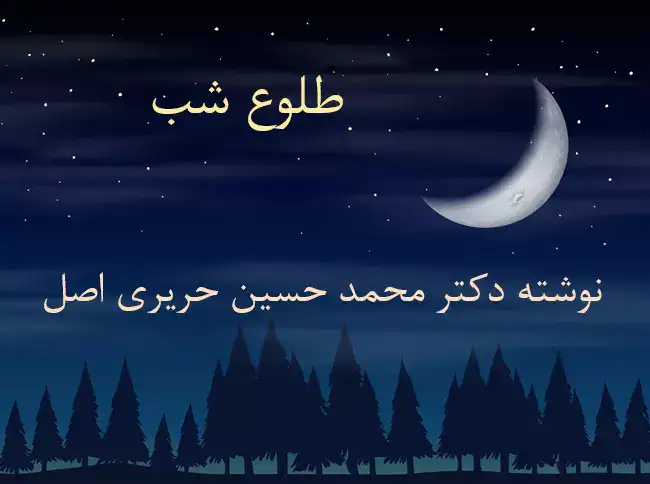
- حکایت زنبور و مور از فرید الدین عطار نیشابوری
- حکایت سه پند گنجشک با ویدیو برای آموزش زبان فارسی
- داستان سه راهزن و صندوقچه از مرزبان نامه
- آشنایی با شعر پروین اعتصامی برای آموزش زبان فارسی
- طلوع شب: شعر و دلنوشته ای از دکتر محمد حسین حریری اصل
- جاده ناپیموده: ترجمه ای از شعر رابرت فراست
- سر همین خیابان: ترجمه ای از شعر چارلز هنسن تاون
- نوشتن شعر فارسی: دلنوشته ای از بهار رمضانی، شاعر و مترجم
- Her Eyes from Bozorg Alavi Translated by Nafise Aghaee
- The Donkey Dilemma by Molla Nasreddin Written by Nafise Aghaee


